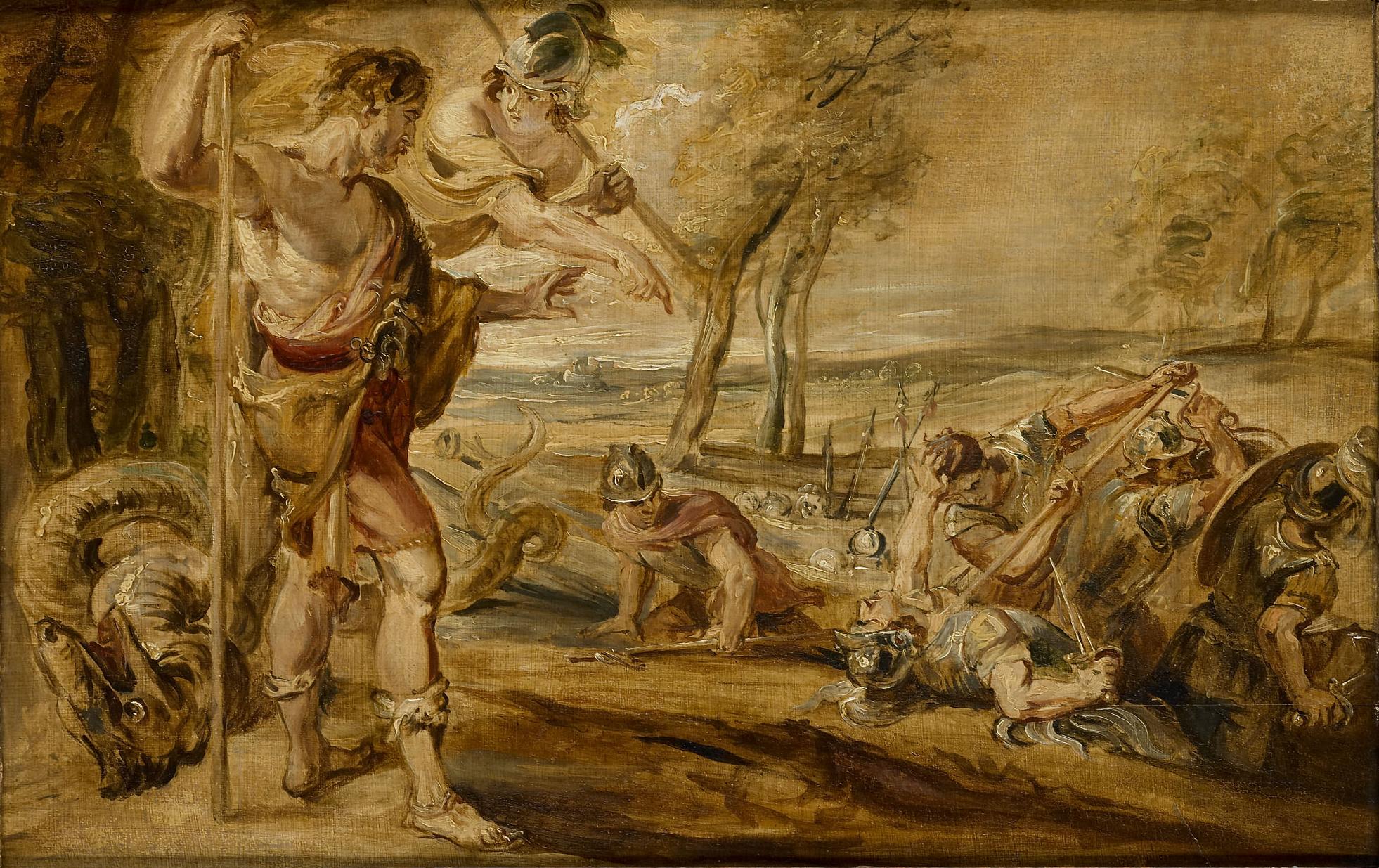Yesterday, spurred by Barbara Kingsolver’s novel Lacuna, I reported on my parents’ recollections of living through the anti-Communist hysteria of the late 1940’s. Here are two poems that my father wrote at the time that get at his depressing experience of returning from World War II. Imagine having risked your life in Europe to fight fascism and then returning to a country where the extreme right is stirring up anti-communist hysteria. Imagine the shock of discovering that your family and friends are taking seriously the House on Un-American Activities Committee, along with people like Joe McCarthy, Richard Nixon, and Ayn Rand.
The first poem talks about how people look for a new enemy no sooner than an old enemy has been defeated. Although my father wasn’t optimistic in the way that people had been in 1918 with the ending of World War I (“the war to end all wars”), nevertheless he says it was still a shock to see the world move into a wartime mindset again quite so quickly. As the poem puts it, computations miscarry—the slate cracks—as the war that is supposed to end divisions only leads to new divisions. The easy two plus two of war only makes fear:
1918-1948
By Scott Bates
Computations miscarry: the rigid slate
Is cracked at last, becomes an empty plate;
Again hungry dividing lines appear,
The easy two plus two of war makes fear,
And fear plus fear again will equal hate.
I assume you get the mathematical puns of fear/four and hate/eight.
The second poem gets at similar ideas. “The Strategists” makes reference to the immense resources (gold) poured by the “strategists in bone” (military planners dealing with human lives) into the war effort against the Axis powers. Bates remembers being awed, while in Europe, at all of the American military hardware (“expensive metal”). Any tank blown up was simply replaced by another tank, paid for by governmental gold.
“Dragons’ teeth,” of course, is a reference to the story of Cadmus, who killed a dragon and then sowed its teeth. Out of the teeth sprung warriors who fought each other until there only remained the five who would help Cadmus found the city of Thebes. It’s a fitting image for the seeds, sown by the strategists (Bob Dylan was to call them “masters of war”) from which new wars grow:
The Strategists
By Scott Bates
When death was instrumental
To strategists in bone
Molding expensive metal
For cavities of pain,
When dragons’ teeth were sown,
All gold was governmental.
Then gold was far from home
To sleep again and stay;
Numbed by time’s novocain
We soon forgot to cry
To strategists of x-ray
Who bled mercurochrome.
Now death once more is crime
Against the rows that reap,
And time that seems the same
Is planting winter wheat;
But teeth are murdering sleep
While strategists kill time.
Death becomes a crime again once war ends and people return to life-building activities (planting winter wheat). But in a reference to Macbeth, a good night’s sleep will be murdered by Cadmus’s seeds of death. We could all be kept up at night by the thought that the strategists are merely biding their time (killing time) before the next war.
And how do we the public respond? We are numbed by time’s Novocain and soon forget to cry. Or, for that matter, to cry out in protest to the strategists responsible for human suffering.
As an aside, here’s a biographical note: The teeth images have particular resonance with my father who, soon after being drafted, was employed as a dental assistant since he had taken science courses in college (!). He had to watch dentists work on the teeth of new recruits, many of whom were seeing a dentist for the first time. Some had to have all their teeth pulled—with slow drills and no Novocain! “Molding expensive metal/For cavities of pain,” may be about American armaments, but keep that other image in the back of your mind.


